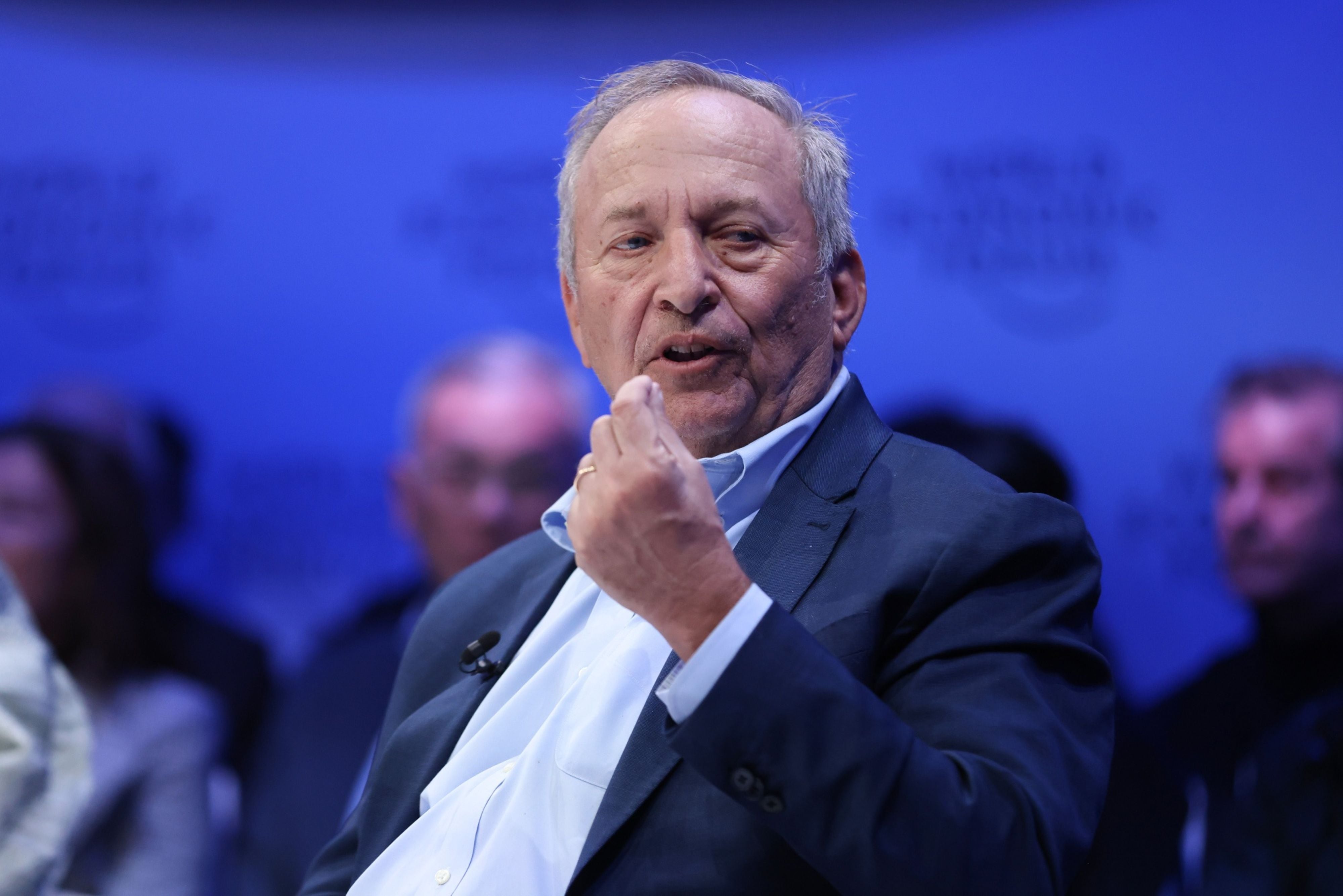
The commentary is a response to suggestions from economists, including Olivier Blanchard, former chief economist of International Monetary Fundwho have suggested raising inflation targets from 2% to 3% to avoid recessions.
“To assume that some kind of inflation targeting increase would be a salvation would be a costly mistake, ultimately having an adverse effect, as it did dramatically during the 1970s.”said summersa professor of economics at Harvard and a Bloomberg TV contributor, to a panel at the annual meeting of the World Economic Forum in Davos, Switzerland.
The Chairman of the Federal Reserve, Jerome Powellhas repeatedly made it clear that the United States has no plans to change its 2% inflation target.
READ ALSO: Protests return to Venezuela in the face of inflation that erodes wages
Inflation has peaked in double digits in much of the industrialized world, but is expected to fall rapidly this year on lower energy and commodity prices. However, underlying inflation will remain high as the behavior of wages and company pricing has fundamentally changed, the president of the Swiss National Bank, Thomas Jordan.
“It will be much more difficult to bring inflation from 4% to 2%“, said. “We’ll see if that comes with a recession or not. Companies no longer hesitate to increase their prices. That is different compared to two or three years ago and it is a sign that it is not so easy to bring inflation to 2%”.
“We also see a change in behavior regarding wages. If you look at wage formation, this is very retrospective. Basically, we take last year’s inflation and use it to set future salaries. Once inflation is high, the wage pressure is here.”
Summers warned that “It would be a serious mistake for central banks to revise their inflation target upwards at this time. Having failed to meet the 2% target and having repeatedly reemphasized the 2% commitment, abandoning the target would do major credibility damage. If it can be adjusted once, it can be adjusted again.”
“The assumption is not ‘we can have more inflation without a recession, but it should be ‘if we can’t deal with inflation, we are likely to have a more severe recession at some point.'”
READ ALSO: Investors puzzled by Argentina debt buyback
Central bankers on the panel agreed that tighter monetary policy is still needed to reduce inflation, which is still close to 10% in the US, the Eurozone and the UK.
Summers also criticized central bankers’ quantitative easing operation during the pandemic, which he said has increased the burden on taxpayers. During this easing, central banks were exchanging long-term debt for very short-term debt, as were “every corporate treasurer in the world was managing their debt” to take advantage of low interest rates.
The Fed now has a market value loss on its balance sheet of about $800 billion, he said.
“In retrospect, I think that was very problematic.” Summers said. “In addition to thinking about the stimulant aspects of QE, we need to focus on the debt maturity aspects of the balance sheet of QE.”
Source: Gestion
Ricardo is a renowned author and journalist, known for his exceptional writing on top-news stories. He currently works as a writer at the 247 News Agency, where he is known for his ability to deliver breaking news and insightful analysis on the most pressing issues of the day.












